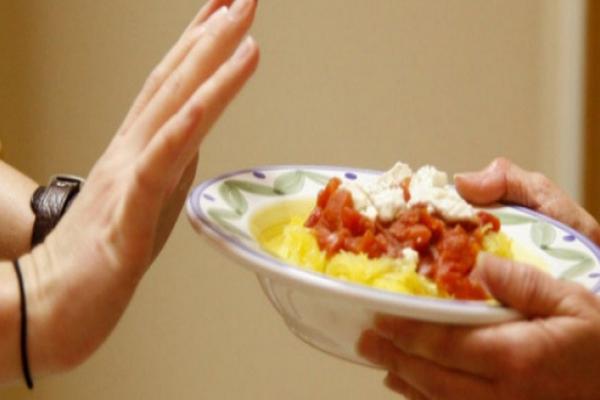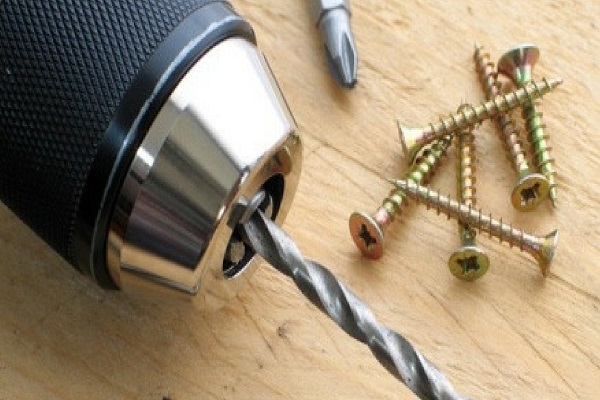Running: the easiest way to relieve stress and protect your memory
Inside the hippocampus, memory formation occurs best when synapses or connections between neurons are strengthened over time. This process of synaptic enhancement is called long-term potentiation (LTP). Chronic or prolonged stress weakens synapses, which lowers LTP and ultimately affects memory. The study by Prof. Edwards revealed that when exercise is done during stress, LTP levels do not decrease, but remain normal.
Exercise and stress
To reach these conclusions, Prof. Edwards performed experiments with mice. One group of mice used wheels for a period of 4 weeks (averaging 5 km per day) while another group of mice remained sedentary. Half of each group were then exposed to stress-inducing situations, such as walking on a raised platform or swimming in cold water. An hour after the stress induction, the researchers performed electrophysiology experiments on the brains of animals to measure LTP.
Exercise: less stress and more memory
Stressed mice who exercised had significantly higher LTP than stressed mice who did not run. Edwards and his colleagues also found that stressed mice who exercised performed as well as unstressed mice who exercised in a maze experiment testing their memory. Additionally, Edwards found that mice that exercised made significantly fewer memory errors in the maze than sedentary mice.
The results reveal that exercise is a viable method for protect learning and memory mechanisms from the negative cognitive impacts of chronic stress on the brain.
The ideal situation for improving learning and memory would be to not feel any stress and to do exercise. Of course, we can't always control the stress in our life, but we can control the time spent exercising. We know that we can combat the negative effects of stress on our brains just by running.
Source
Miller RM: Running exercise mitigates the negative consequences of chronic stress on dorsal hippocampal long-term potentiation in male mice. Neurobiol Learn Mem. doi: 10.1016 / j.nlm.2018.01.008.






